What makes a great video game? Great game developers have great sound effects and great sound design.
Brian in this blog and video is going to walk through composing for video games. This is the third instalment of working with game music.
Today we’re going to explore and break down a track with a little more depth. This track is in the Sci-Fi/Hybrid realm, and is MUCH more advanced and complex than the first Sci Fi track, the short battle loop we looked at in Episode 2.
Notice how I use long, ambient leads in the intro to create a synthetic, almost dreamy mood. Certain tropes always seem to work if you use them in your favor: deep choirs for fantasy (Lord of The Rings) and soaring synth leads for Sci Fi (Blade Runner). Use synths with a slower attack and a long tail, possibly adding a large reverb to them. In this case, we don’t want to overdo the reverb on the orchestra, which would cause the overall sound to become muddy. We want the synths to create ambient, cloud-like textures while the orchestral elements cut through with sharp definition.

Click button below to subscribe to our Youtube channel!
While this track is more complex, the structure is still fairly simple. Remember, we want to ENHANCE the gameplay, not distract. We want to maintain that steady, driving sense of rhythm, and keep our structure fairly simple, with defined verses and bridges (or transitions) between each section. Don’t just repeat the same things over and over though, continue what we learned in Episode 2: maintaining a steady sense of progression, followed by a bridge, then strip things back for the next section.
Brass triplets combined with synths give this track a unique vibe: it has the slow burning ambience of Blade Runner, but the sharp brass and traditional elements of a John Williams track. Notice the chord progressions are also a bit darker during the bridges, giving you a sense of danger and foreboding. The snares also help add a militaristic vibe.
During the closing segments I again give some tips, and really reinforce what we’ve covered so far: building relationships is essential to getting continued work in this field. I’ll also go in depth and answer some of your questions and comments from Episode 1!
Stay tuned for more!
-Brian Freeland, APD

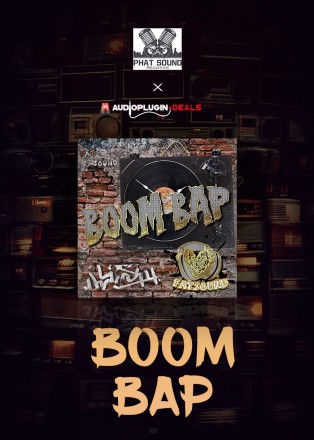
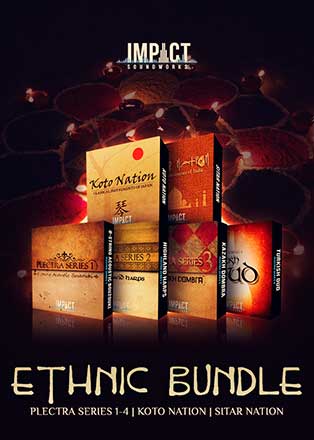
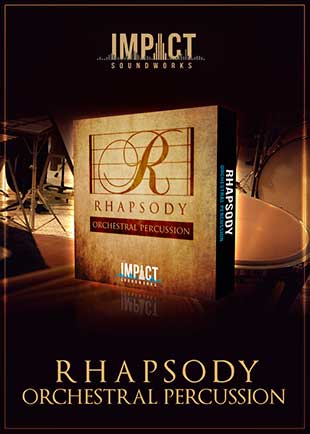
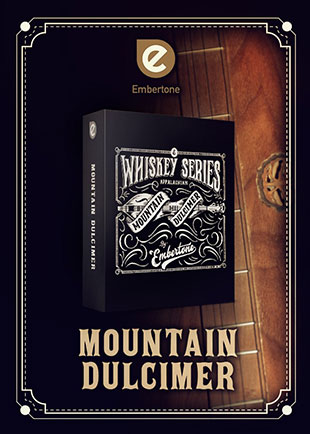
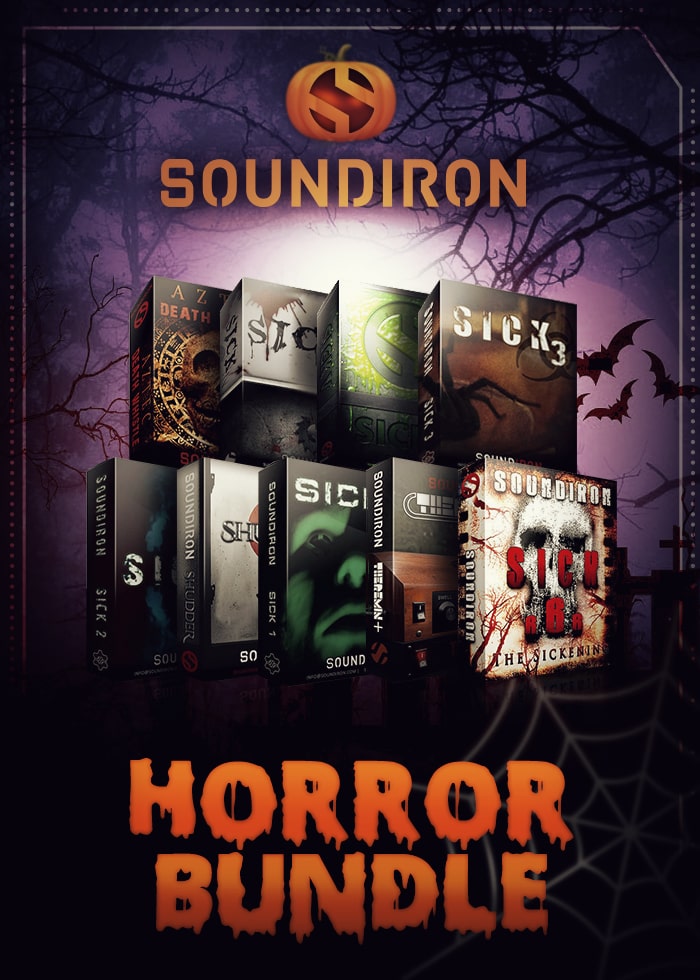
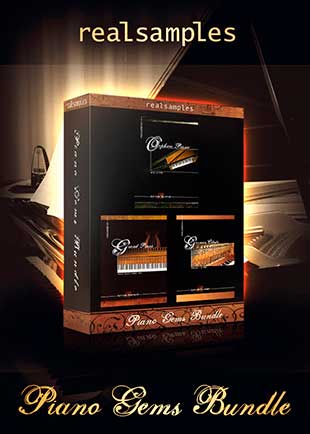
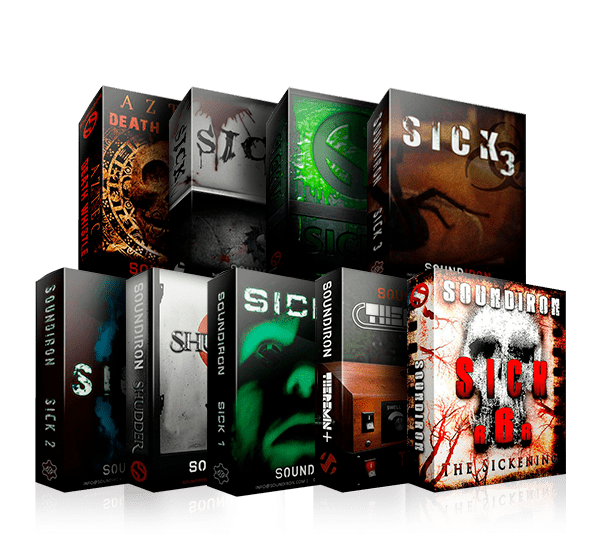



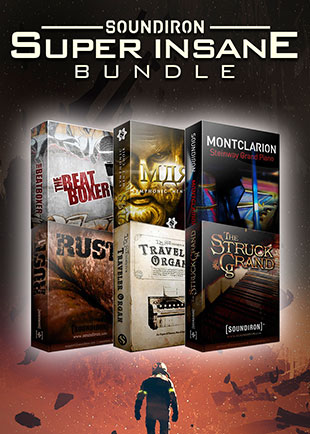
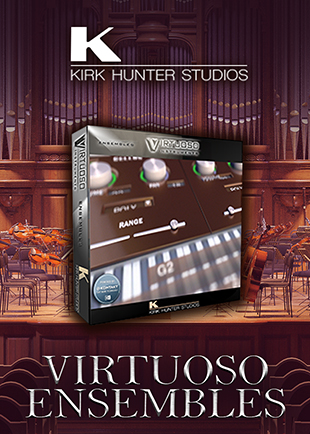



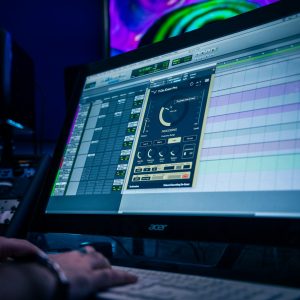
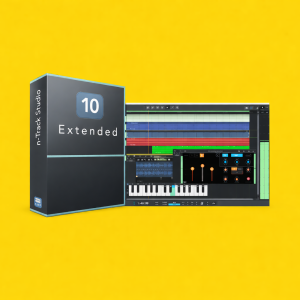
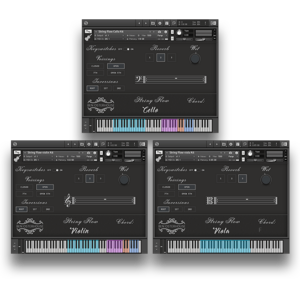
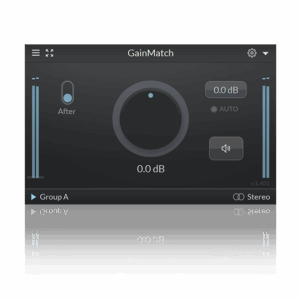
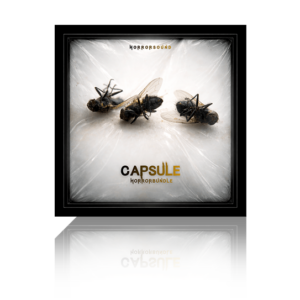
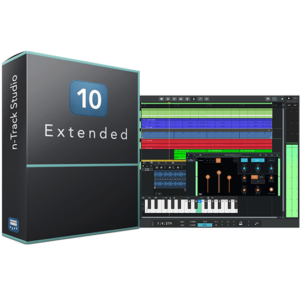
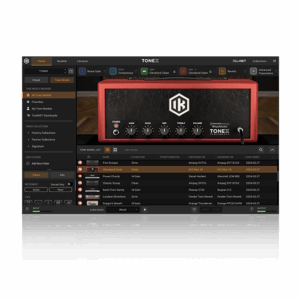
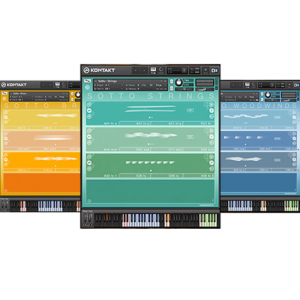
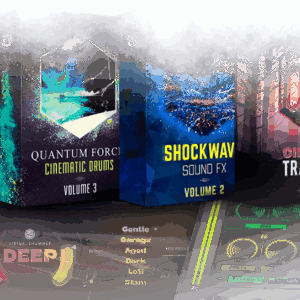
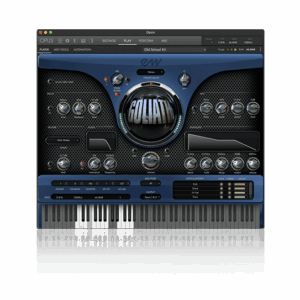
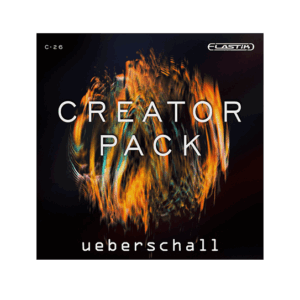
![Earthbeat x[]](https://audioplugin.deals/wp-content/uploads/2026/02/Earthbeat-600x6001-1-300x300.jpg)